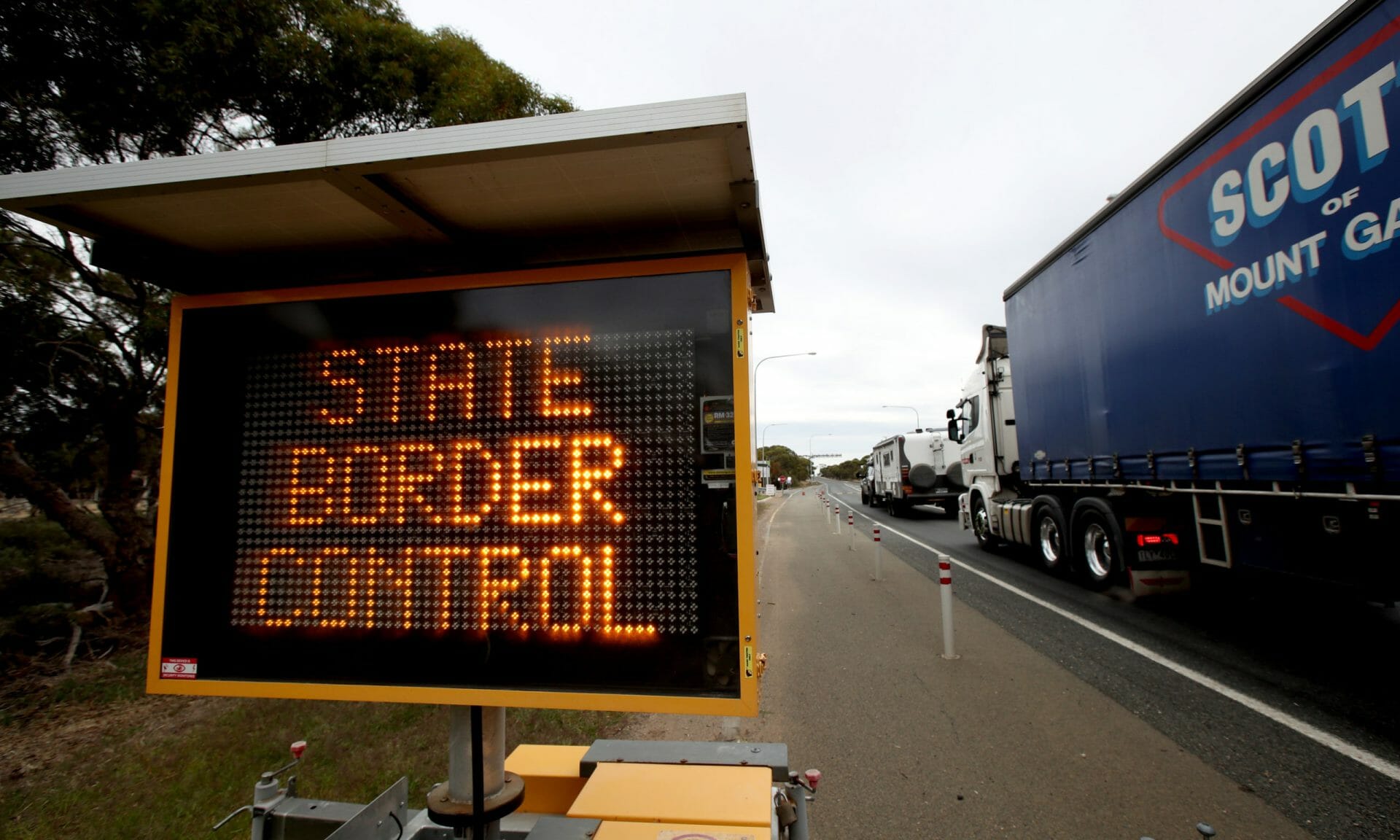Drivers need to ensure that they are maintaining suitable records of close contacts and of their movements to meet the border permit requirements of the states and territories.
Records of where the driver has been, not just for work, but all the places he or she has been during the last 28 days are important, particularly for drivers entering the Northern Territory.
With the heightening concern about the COVID-19 Delta strain outbreak in Sydney, NatRoad has become aware that that Police at the Northern Territory Border are examining freight workers’ movement records and COVID-19 test history strictly.
The Fact Sheet published by the Norther Territory Department of Infrastructure, Planning and Logistics dated July 2021, advises the freight industry as follows:
By completing a Freight Risk Mitigation Management Plan freight workers agree to comply with all conditions in the plan:
- Practice physical distancing
- Quarantine and wear Personal Protective Equipment (PPE) if they have been to a hotspot in the last 14 days
- Undertake an immediate COVID-19 test and self-isolate if they show symptoms – fever (sweats), cough, shortness of breath, sore throat or tiredness (fatigue).
- Provide evidence of their last COVID-19 test result or agree to a test within 48 hours of arriving in the NT if they have been in a declared hotspot in the last 14 days.
- Maintain a log of movements and close contacts.
- Carry 2 weeks supply of PPE including gloves, face masks and protective eye wear. [our emphasis]
Chief Health Officer (CHO) Direction 50 (the Direction) sets out the requirements for freight workers working in the Northern Territory.
In relation to a driver’s “log of movements” the Direction requires that a record be kept of the “details of the places where the person has been during the 28 days prior to entering the Territory” in a written or electronic form.
If the driver cannot produce a suitable record of the places where they have been over the 28 days immediately prior to entering the Northern Territory, they are likely to be turned back at the border.
Many states require the maintenance of records as part of their border permit compliance regime, so drivers need to assess their ability to meet the compliance requirements for the states they travel between regularly and on an ad hoc basis. NatRoad advises that the more detailed the records, the better for access.



